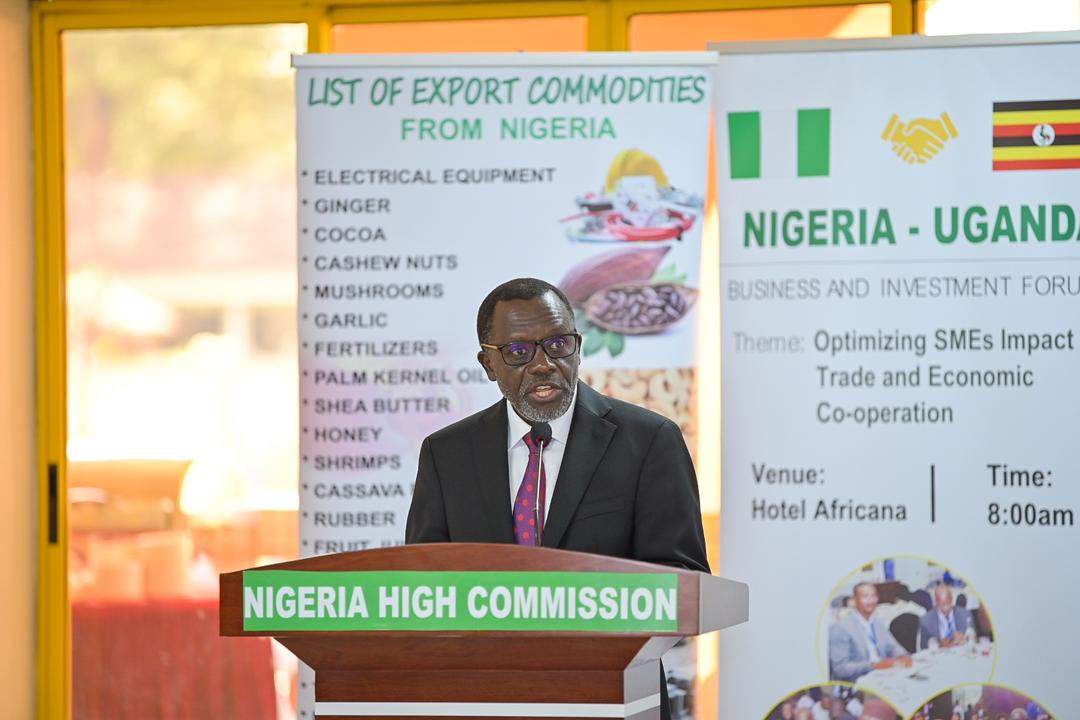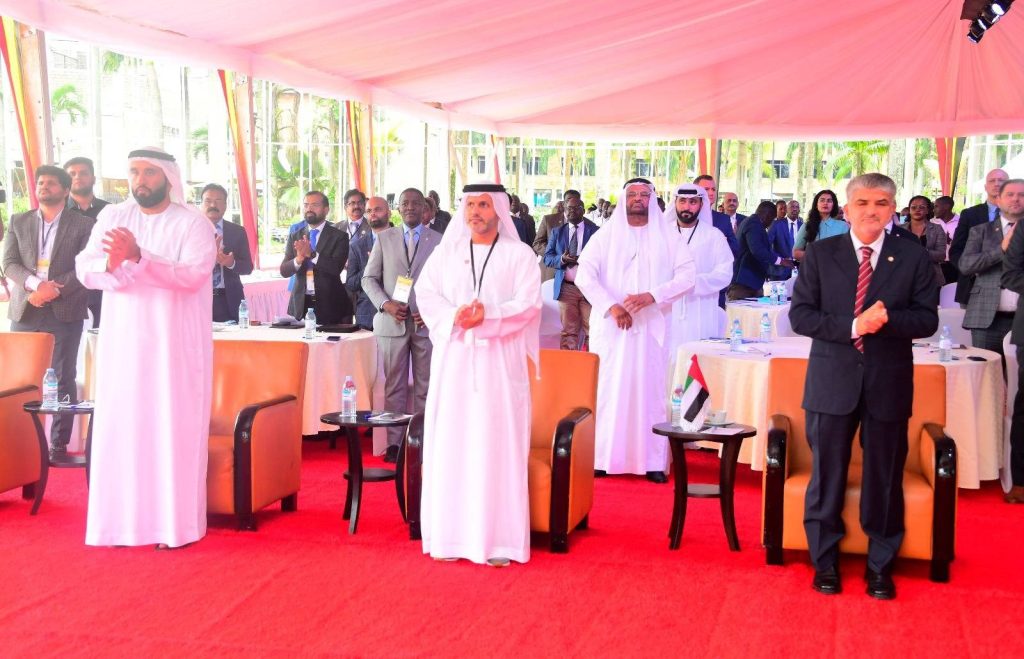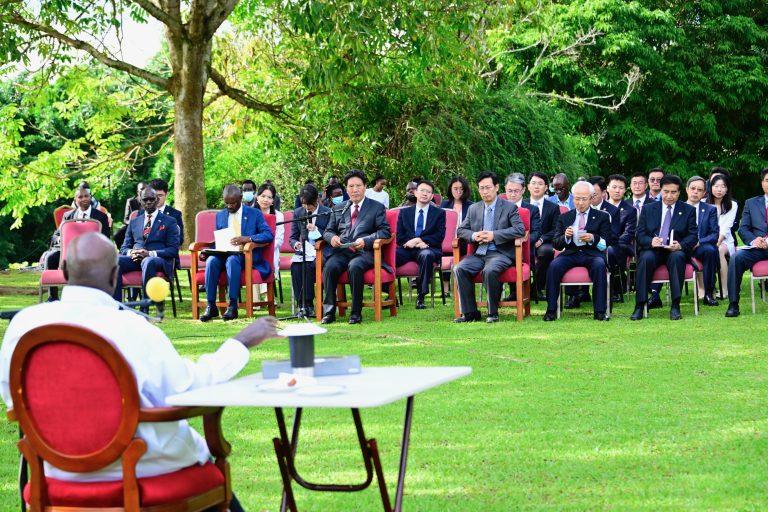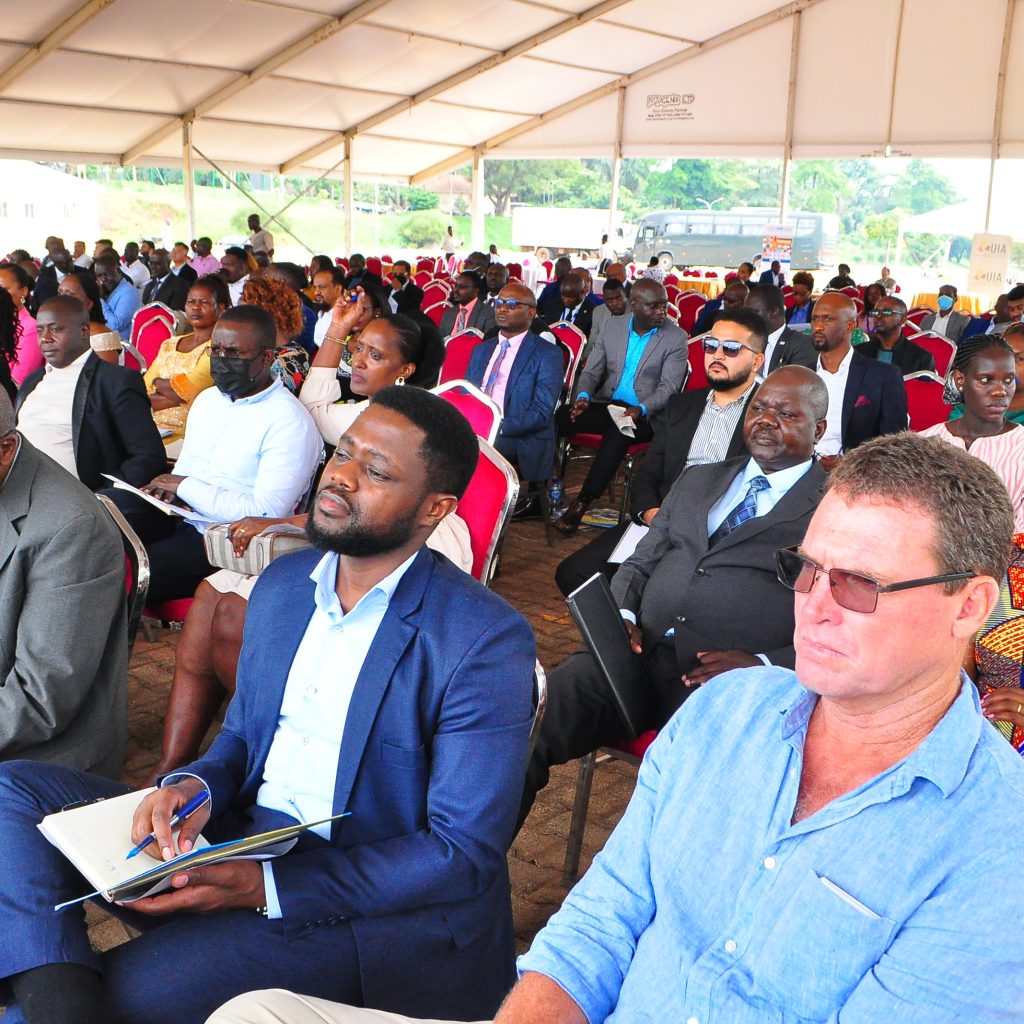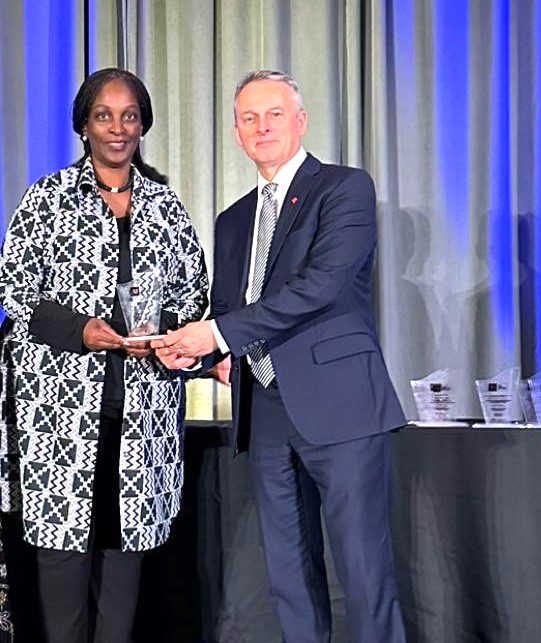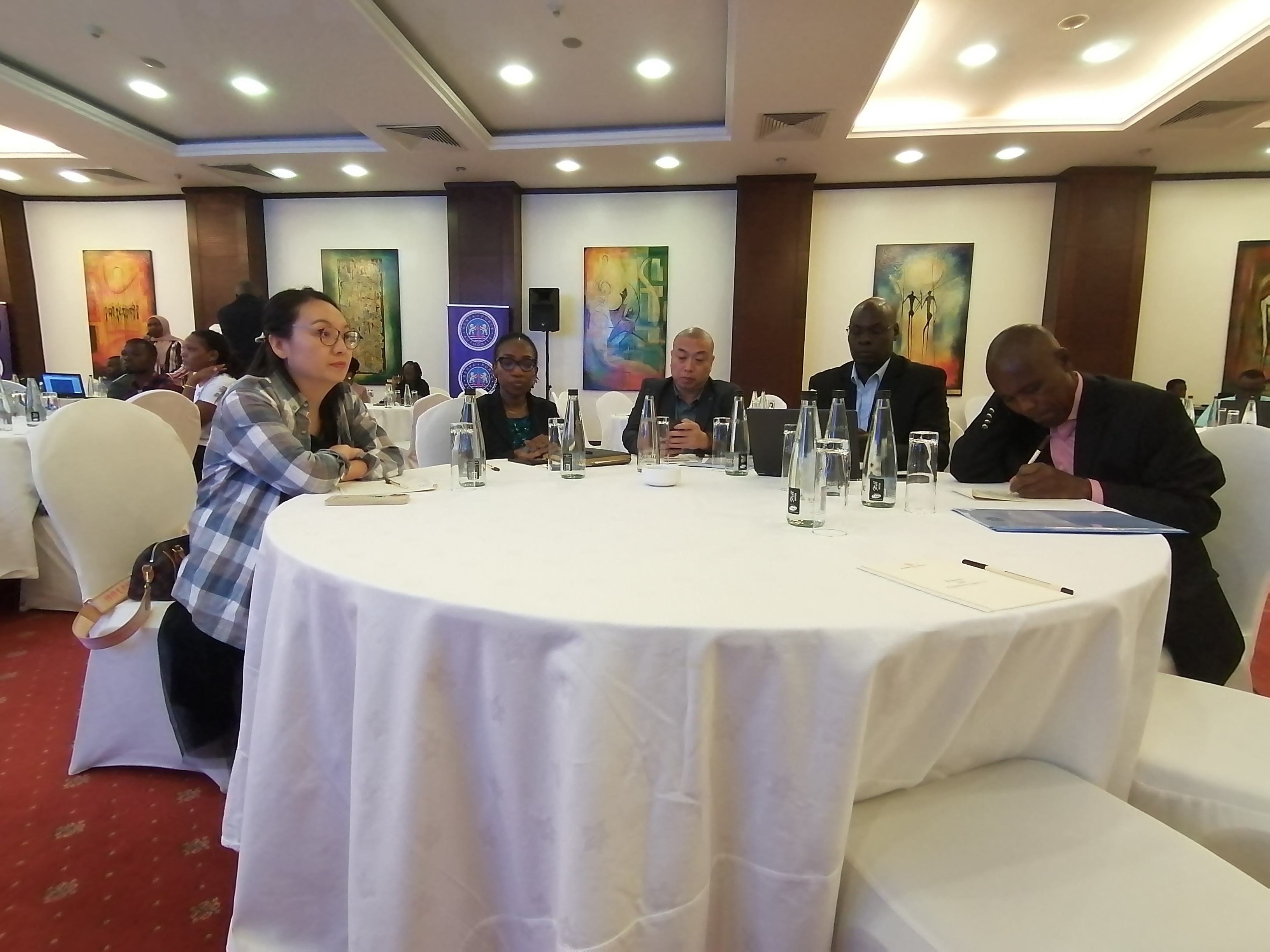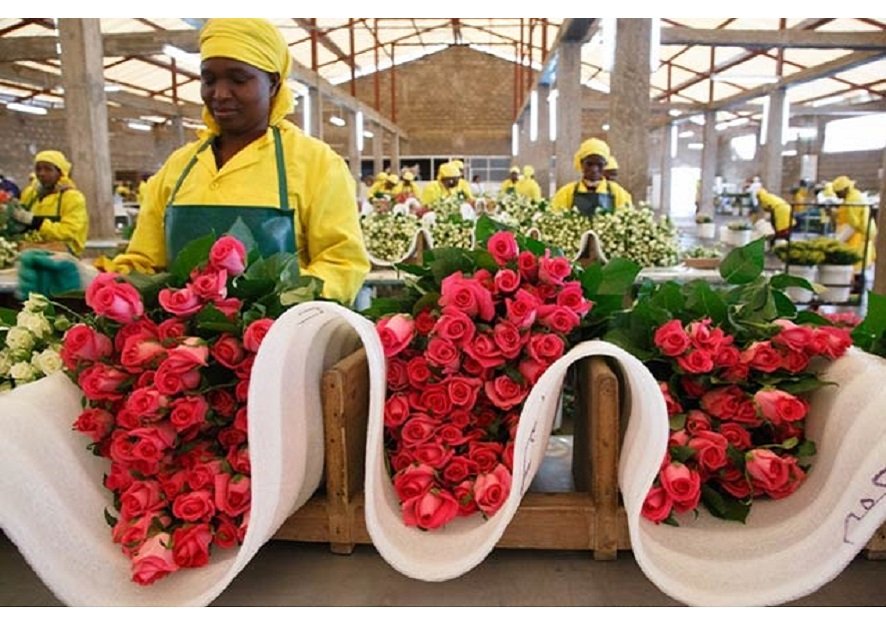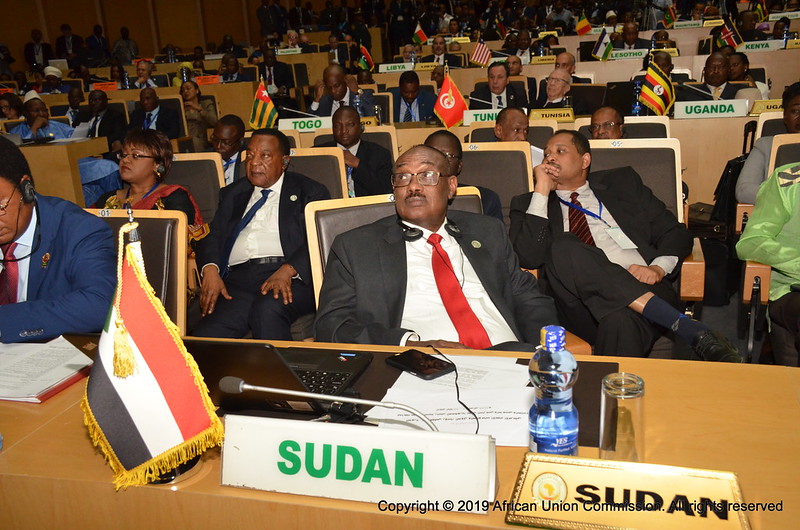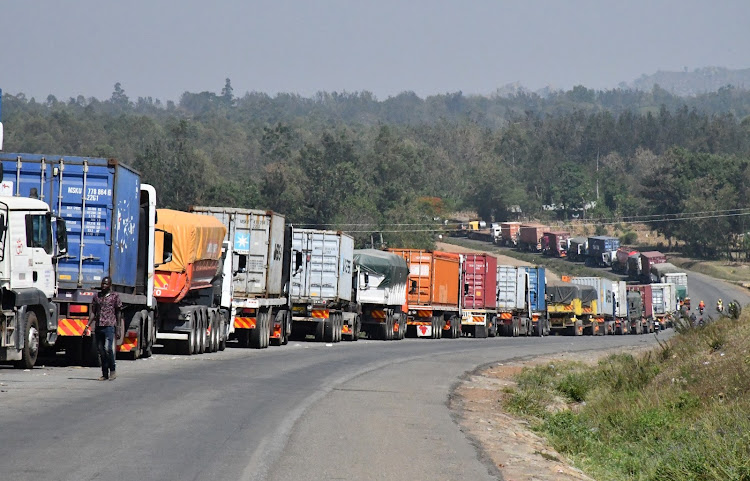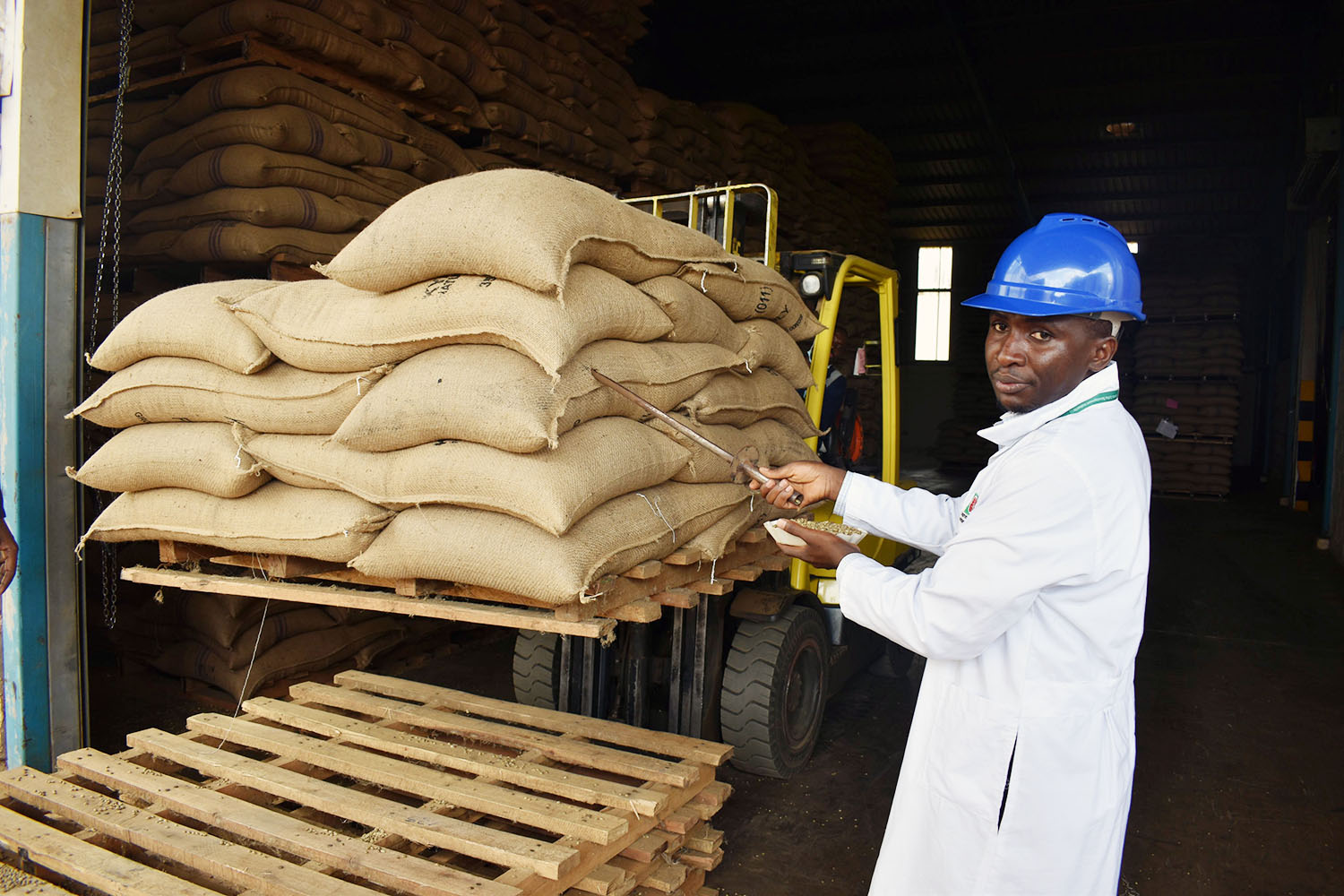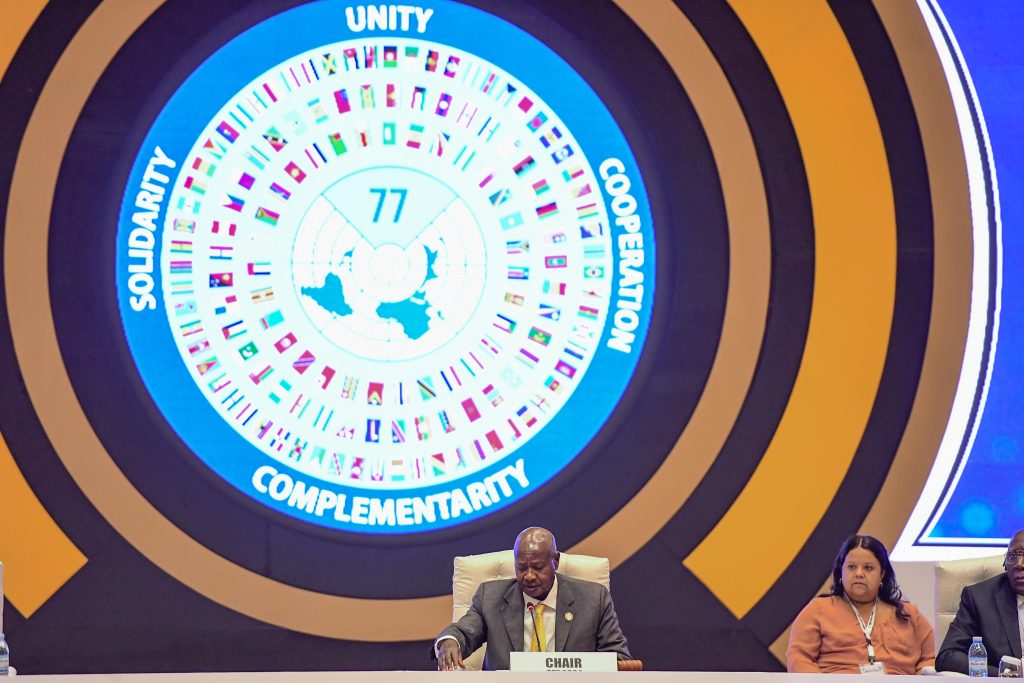Uganda reactivates 1963 trade deal with Serbia

The Ugandan delegation pose led by Gen. Mbadi (middle, front row) pose for a group photo on arrival in Serbia on October 23. COURTESY PHOTO/BUSINESS EDGE
A Ugandan delegation, led by Gen. Wilson Mbasu Mbadi, Minister of State for Trade, Industry, and Cooperatives, is in Serbia for the Joint Commission for Trade Cooperation session in the city of Niš.
This trade mission seeks to reactivate the trade agreement signed in Entebbe in 1963 between Uganda and Yugoslavia, as well as to actualize further agreements made by President Yoweri Museveni and his Serbian counterpart, H.E. Aleksandar Vučić, last July, including a Bilateral Air Services Agreement.
The Joint Commission is built upon the Trade Agreement between the Government of the Socialist Federative Republic of Yugoslavia and the Government of Uganda, signed in Entebbe in September 1963.
- As the successor of the former Yugoslavia, the Republic of Serbia continues to honor this agreement, which provides preferential tax treatment for Ugandan products.
A press release said the delegation is composed of officials from the Ministry of Trade, Industry and Cooperatives, Ministry of Foreign Affairs, Ministry of Works and Transport, Ministry of Agriculture, Animal Industry and Fisheries, State House Diaspora Affairs Unit, Uganda Exim Limited, Uganda Civil Aviation Authority, and Uganda Airlines.
Upon arrival, the Ugandan delegation was received by Uganda’s Trade Representative in Serbia (Balkans), Bratislav Stoiljkovic, before visiting the Uganda Connect Hub in Belgrade, a vibrant marketplace promoting and selling Ugandan products.
- They also had the opportunity to visit the Museum of Yugoslavia also known as the House of Flowers, which houses the resting place of former Yugoslavia President Josip Broz Tito, providing the team with insights into Serbia’s rich history and cultural heritage.
The potential for revitalizing this agreement is underscored by recent trade figures. In 2023, Uganda's total exports to Serbia were approximately 18.5 billion UGX (about $5 million), primarily consisting of coffee, tea, and spices.
Conversely, Uganda imported around UGX11.1 billion UGX (about $3 million) worth of goods from Serbia, predominantly machinery and pharmaceuticals. While these figures represent a modest trading relationship, they also highlight significant room for growth.
The majority of Uganda’s exports to Serbia consist of agricultural products, particularly coffee (which accounts for about 90% of the total exports).
With global coffee demand rising, establishing a stronger foothold in Serbia could facilitate access to European markets.
- Odrek Rwabwogo, the chairman of the Presidential Advisory Committee on Exports and Industrial Development (PACEID), highlighted the agreement's potential benefits not just for Uganda but for East Africa as a whole.
- “Reviving the 1963 treaty is an economic breakthrough,” he noted, expressing optimism about the future of trade relations between Uganda and Serbia.
Against the backdrop of these discussions and the potential for enhanced economic collaboration, both nations are poised to explore new avenues for trade and investment.
The revival of the trade agreement from 1963 marks a significant step toward establishing a robust economic partnership that could greatly benefit both Uganda and Serbia in the years to come.
“By leveraging Serbia's market and strategic location, Uganda stands to gain access to a stable European market, diversify its export base, and acquire valuable goods that could bolster its economic growth,” Rwabwogo added.



.jpg)
